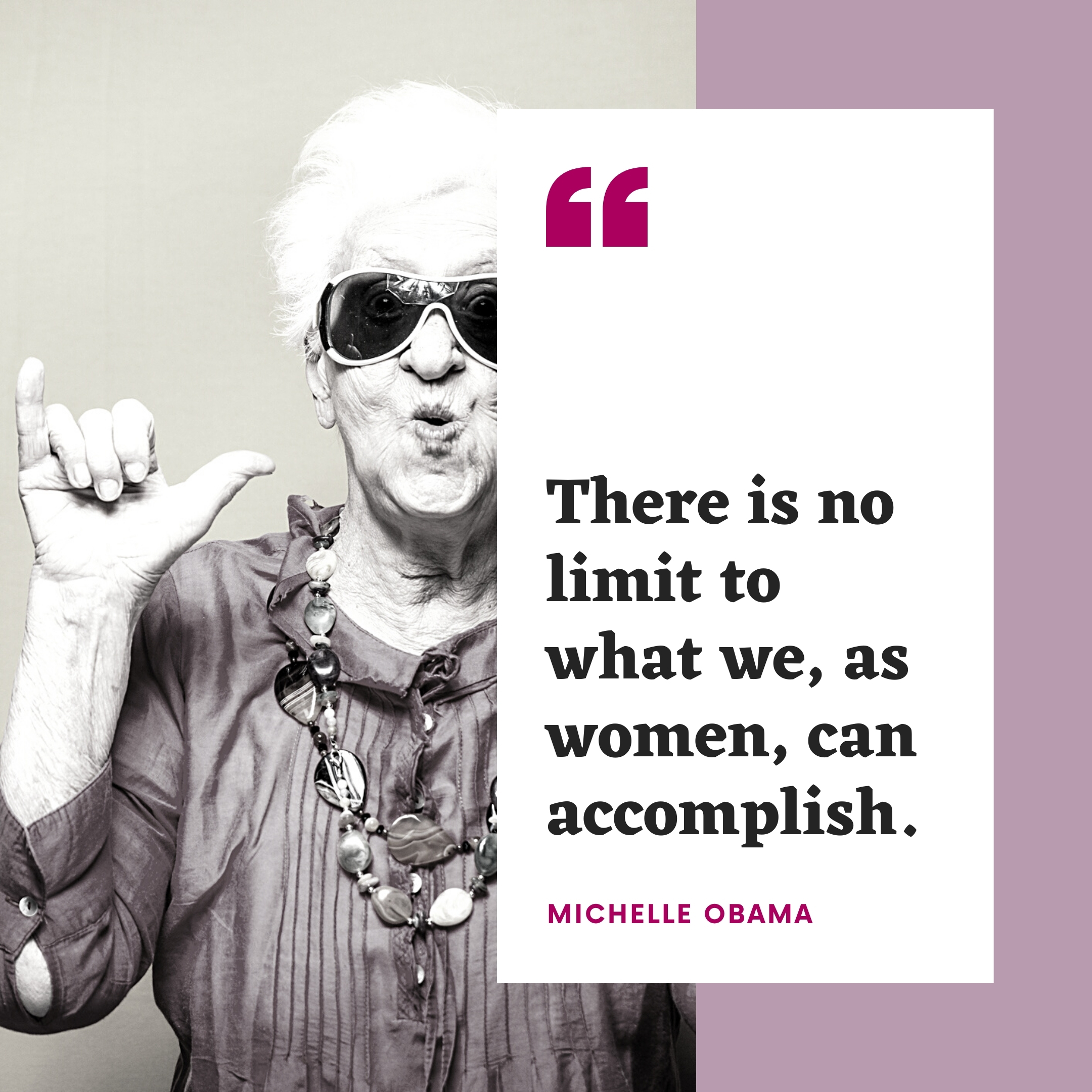International Women’s Day, March 8, is an opportunity to raise awareness against gender bias, celebrate women’s achievements and challenge people to make meaningful changes that help create a gender-equal world. Despite many positive actions towards equality, women continue to bear a greater burden as caregivers, for children and aging parents, and according to a recent survey, 62 percent of women said they lack the time to care for their own health.
The 2021 campaign theme for IWD is #ChoosetoChallenge. Not only can all individuals commit to challenge and call out gender bias and inequality, but women can also take up the challenge to make time for their own well-being. If the past year has led to lapses in healthcare screenings due to the pandemic, let IWD be a reminder to get that mammogram, colonoscopy or bone density screening in the books.
Ironically, 94 percent of women make healthcare decisions for themselves and 94 percent of working moms make decisions for others. But carving out time to care for their own physical, spiritual and emotional well-being can be elusive when so many of the household and caregiving burdens are placed on women’s shoulders. Calling out gender inequalities can help more women set aside time to educate themselves about what they should do to stay healthy.
The past year of shut-downs has focused a spotlight on the disparities in the workplace for mothers. With schools closed due to COVID-19 and many parents working from home, it has largely been women who have taken on the lion’s share of the added burdens, and it has come at a professional cost. Gender inequalities have forced many working women to decide to stay home and sacrifice their careers in order to care for school-aged children struggling to learn remotely or for elderly parents.
Because so many women earn less than men, the decision that the lower earner is the one who gives up their job frequently sets back women’s careers. Advocating for paid maternity leave, family caregiver benefits and affordable child care can help women recover from a year that may have set them back a decade in the progress towards gender equality in the workplace.






Add Your Voice
0 Comments
Join the Discussion